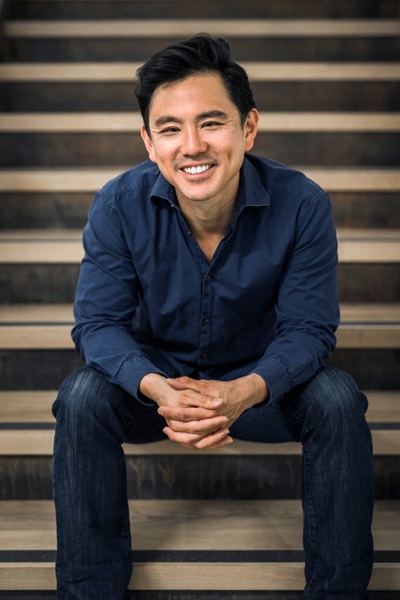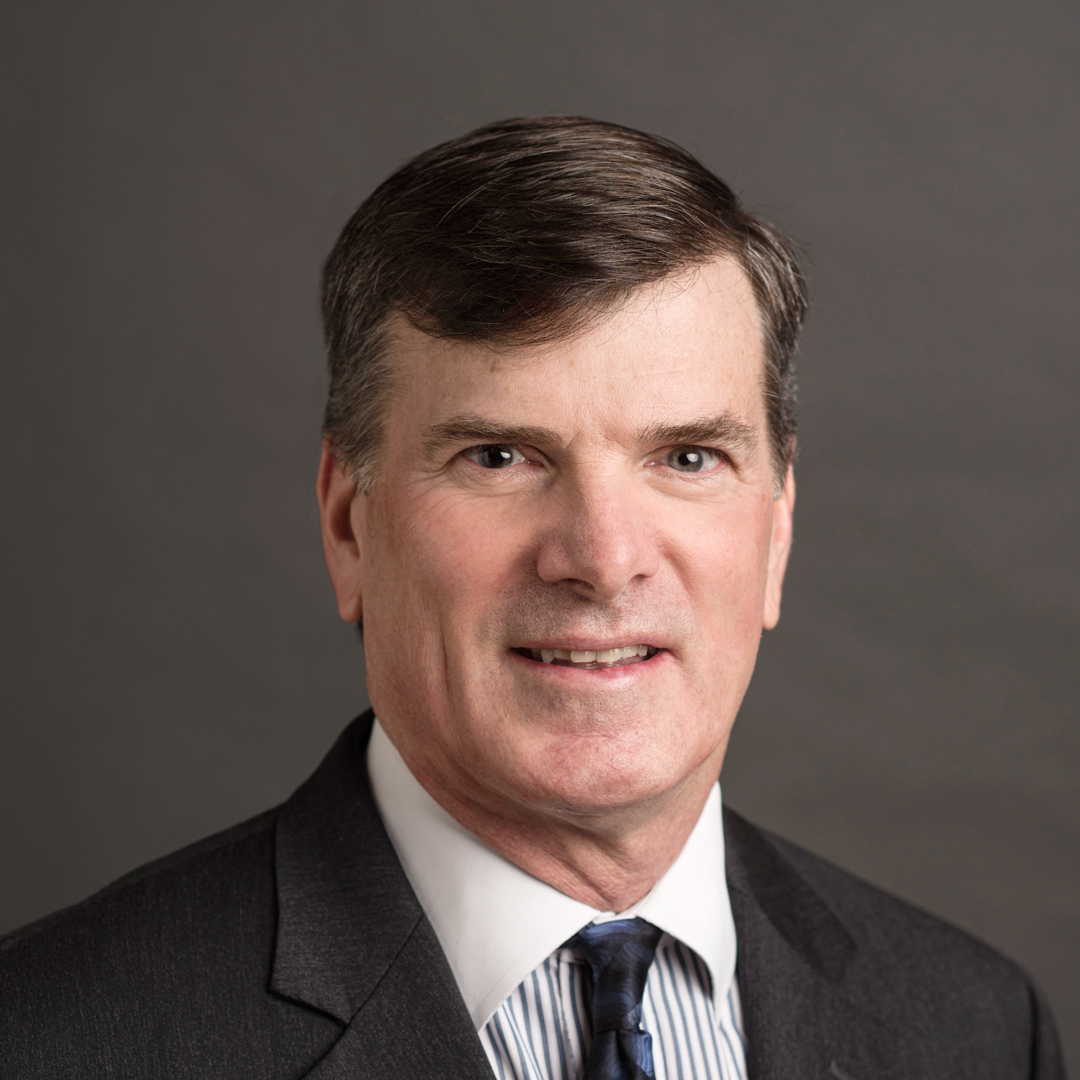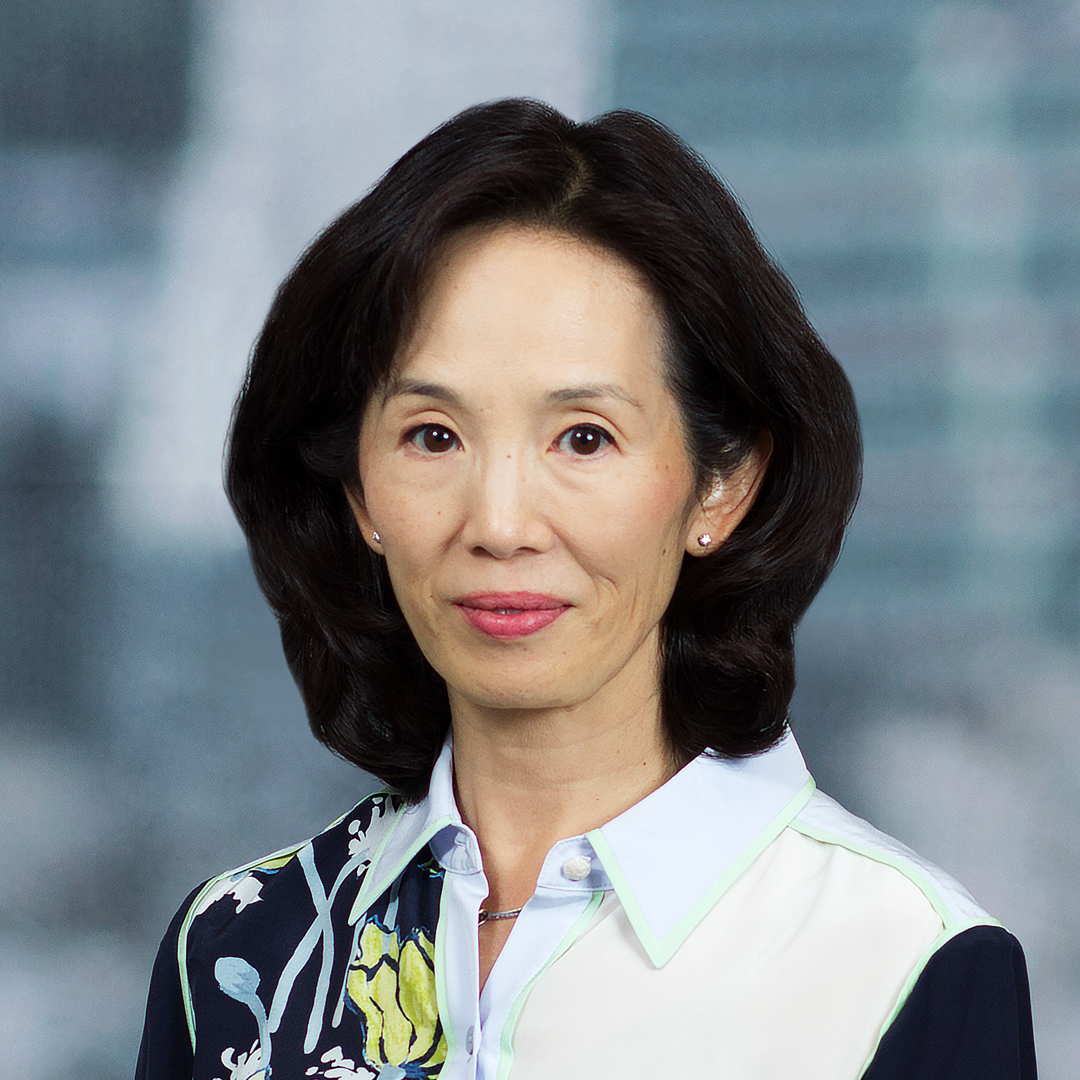Renny Hwang and his global team strive to be respectable legal citizens—which should come as a comfort for Google’s approximately two billion annual users across its various platforms.
As legal director and the head of patent litigation, Hwang knows exactly what sets Google apart as one of the top tech companies in the entire world: a unique focus on technology and products. “We build cool products for our users,” Hwang says. “I believe strongly in our products and our mission.” Naturally, Hwang’s legal team’s strategy aims to “secure what’s best for users” to do its part in carrying on Google’s greater mission.

At Google, Hwang manages more than twenty employees, two-thirds of whom are attorneys. Together, he and his team work on hundreds of lawsuits each year, all in the name of securing that level of “best” for Google users. “A job is a job, and the law is the law,” remarks Hwang. As he explains, many of the lawsuits handled by his team are merely internet trolls personified. Those cases often end up being dismissed or resolved out of court. But there are other cases that entail a great deal more work—indeed, some plaintiffs attempt to sue not just Google but the entire industry.
Fortunately, given his background in software engineering, Hwang is well equipped to handle cases that center on highly technical coding and engineering matters. In addition to a bachelor’s in computer science, Hwang holds a master’s in management science and engineering, both from Stanford University. He even worked for two years as a product manager at Homestead Technologies before earning his JD at Harvard Law School and beginning his legal career. Those experiences certainly come in handy when Hwang has to discuss case materials with Google’s engineers.
But while his background may facilitate his work in many ways, Hwang’s workload remains heavy and complex. Some of the company’s cases, such as the Oracle America Inc. v. Google Inc. case, stretch back years—almost a decade for the Oracle case.
The Oracle case started in the 1990s, Hwang explains, when a company called Sun Microsystems created Java. Sun Microsystems’ widely known intention was to keep Java open and free for programmers and tech companies alike to use as they saw fit in the development of applications of other web-based tools. Then, in 2010, an American multinational technology corporation called Oracle, headquartered in Redwood Shores, California, acquired the then financially bereft Sun Microsystems.
At that point, Oracle decided to sue Google, Hwang says. Oracle claimed that because they now technically owned Sun, they were entitled to payment for Google’s use of Java. Now, after winning two jury trials and two separate appeals, it falls to Hwang and his team to prepare for the potential Supreme Court hearing of this case. “We take our reputation seriously,” Hwang says.
To handle the legal department’s intense workload, Hwang makes sure that communication remains open and constant. He and his team use G-suite tools to communicate and coordinate schedules across time zones, a necessity given that the majority of his team members work from California, Washington, DC, and Germany. Hwang also makes a point of scheduling face-to-face meetings (either in person or online) with his team members so that he can check in with them and make sure that they’re “happy in life as well as work.”
Outside of his direct responsibilities as legal director and head of patent litigation, Hwang remains heavily involved Google’s community-based culture. In recent years, his team has represented disabled American veterans. Many such veterans have been denied disability benefits, and both they and their families are often overwhelmed by the complex (and expensive) appeals process required to claim those benefits. His team has also provided support to refugees seeking asylum and has volunteered at local schools.
Hwang and his colleagues do that legal legwork pro bono. There are a lot of “good folks” on his team, Hwang says. But that work goes beyond a general desire to be involved in the community—Hwang’s team sets a yearly goal to mark out their efforts to contribute to their profession and the community.
Respectable legal citizens indeed.


